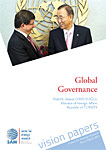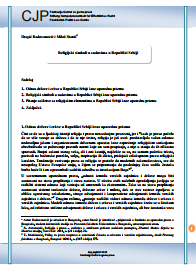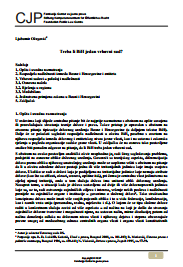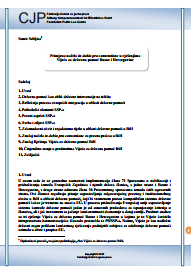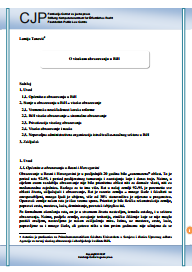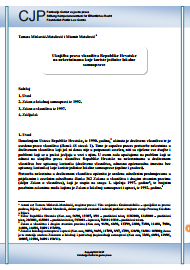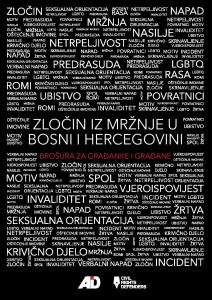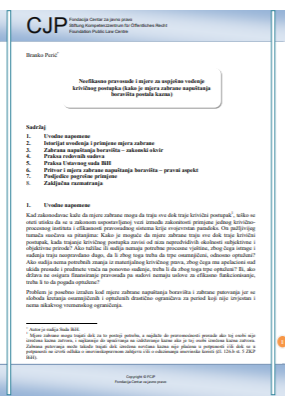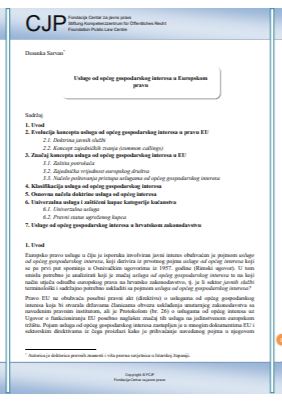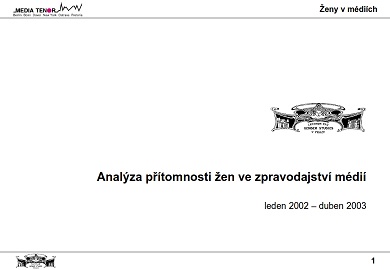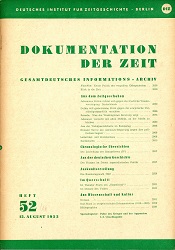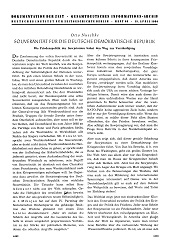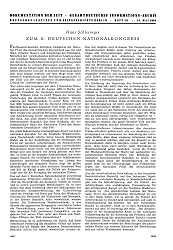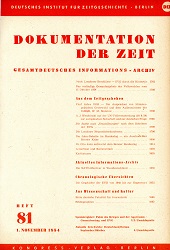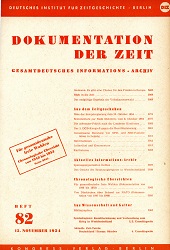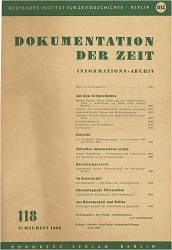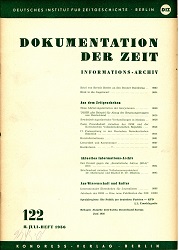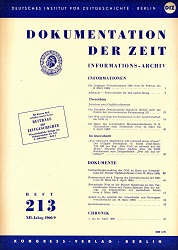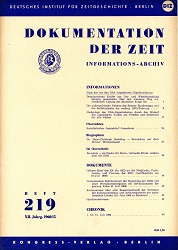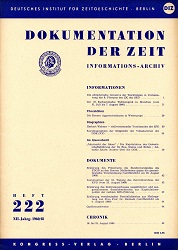O visokom obrazovanju u BiH
Author(s): Lamija Tanović / Language(s): Bosnian
Keywords: Public law; legislation; education; higher education; reform; privatisation; evaluation; BiH;
U proteklih deset godina, od pristupanja bolonjskom procesu septembra 2003. godine, u BiH se gradio vrlo specifičan i po mnogo čemu heterogen „B-H prostor visokog obrazovanja“. Gradio se u teškim uslovima u kojima je nedostajalo pet ključnih elemenata potrebnih za njegovo pravilno profiliranje. To su: 1) odgovarajuća legislativa; 2) dodatna sredstva; 3) dodatni kadrovi; 4) znanje o tome šta se gradi i kako i 5) intenzivna komunikacija među univerzitetima, fakultetima i ministarstvima zaduženim za visoko obrazovanje. Tako izgrađen B-H prostor visokog obrazovanja nemoguće je uspješno priključiti Evropskom prostoru visokog obrazovanja (EHEA). Pored toga, administrativno organizovanje visokog obrazovanja putem ministarstava na tri nivoa administrativne organizacije zemlje dodatno otežava naše uklapanje u Evropski prostor visokog obrazovanja. Državne agencije, koje treba da igraju najvažniju ulogu u procesu reforme, a to su kod nas Agencija za razvoj visokog obrazovanja i obezbjeđenje kvaliteta (HEA) i Centar za informiranje i priznavanje dokumenata iz oblasti visokog obrazovanja (CIP) nisu dobili mandat i ulogu koju treba da imaju prema zahtjevima bolonjske reforme. Istraživački i naučni rad na univerzitetima je veoma smanjen radi čitavog niza faktora, ali čini se ipak da su još uvijek univerziteti jedine sredine u kojima se, iako u smanjenom obimu, sistematično ulažu napori usmjereni ka oporavku istraživačkog sektora i ka intenziviranju međunarodne saradnje u toj oblasti. Kako izići iz ovog začaranog kruga? Nemoguće je pobrojati sve aktivnosti koje bi trebalo poduzeti kako bi visoko obrazovanje u BiH dobilo položaj, oblik i podršku koju mora da ima. Pomenuću zato samo dvije bitne stvari. Prije svega, neophodno je napraviti sistematičnu reviziju bolonjske reforme koja je implementirana na B-H univerzitetima od 2005. godine. Revizija mora da se, prije svega, odnosi na harmonizaciju visokog obrazovanja u BiH. Drugim riječima, isti profili studija na raznim univerzitetima moraju da se usklade i postanu uporedljivi i po dužini studija i po planovima i programima studija. Naravno, oni treba da se harmoniziraju i sa sličnim studijskim programima u Evropskom prostoru visokog obrazovanja. Ovaj proces ne može ići „sam od sebe“ – neophodna je koordinacija na nivou države što znači da Ministarstvo civilnih poslova BiH u segmentu svojih zaduženja u obrazovanju treba da preuzme ovaj posao. Ovo je aktivnost koju treba pažljivo pripremiti u razumnom periodu (po mom mišljenju dvije godine) u kojem će biti organizovane diskusije stručnjaka sa raznih univerziteta uz pomoć evropskih stručnjaka kako bi se došlo do najbolje profiliranog studija za određenu grupaciju, a koji može da se uklopi u Evropski prostor visokog obrazovanja. Drugo, univerziteti ne mogu da ispune svoju ulogu najviše obrazovne institucije koja obrazuje kadrove u tri ciklusa, bačelore, magistre i doktore nauka, ako im se ne vrati istraživačko-naučna aktivnost. U datim okolnostima to će biti moguće samo uz veliku finansijsku podršku ministarstava zaduženih za istraživanja i nauku i uz energično intenziviranje međunarodne saradnje, tj. obuku istraživačkih kadrova kako da apliciraju i dobiju sredstva iz evropskih fondova za istraživanje i nauku. Dakle, u sektoru visokog obrazovanja i istraživanja treba napraviti temeljite promjene nakon kojih bismo mogli očekivati da će taj sektor u ovom društvu dobiti ulogu koju treba da ima, a to je da bude pokretač ekonomskog oporavka i razvoja zemlje koji bi nas odveo u društvo razvijenih zemalja Evrope.
More...
